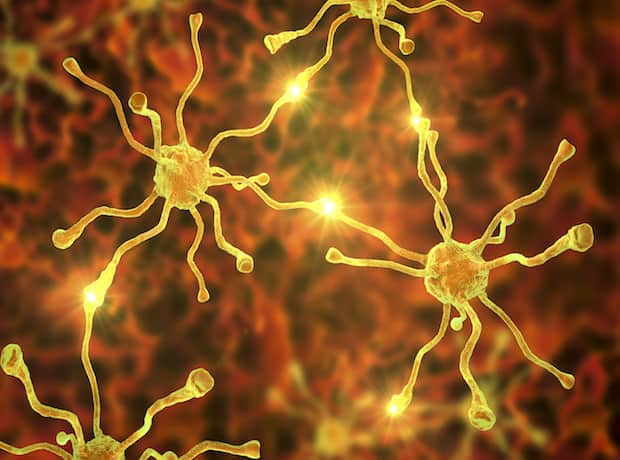The lifelong autoimmune disease affects more than 150,000 people living in the UK.
A new King’s Doctoral Training Centre has opened at King’s College London’s (KCL) Institute of Psychiatry, Psychology and Neuroscience (IoPPN) to research drug-free ways of managing the symptoms of multiple sclerosis (MS).
The new training centre, funded by the MS Society, will help treat symptoms such as pain, sexual difficulties and psychological distress for people with MS who have difficulty accessing non-pharmacological treatments.
Multiple sclerosis, which affects more than 150,000 people in the UK, is a lifelong autoimmune disease that affects the brain and spinal cord and can cause a range of symptoms, including problems with vision, arm and leg movement, sensation and balance.
Drug treatments are currently available to help those suffering from the disease prevent recurrences and slow its progression, but these drugs can cause side effects in some people and are not effective for everyone.
The new training centre is employing three doctoral students to develop and test digital health interventions for MS, which will be deployed on a single digital platform called the My MS Digital Symptom Toolkit.
The platform will allow people suffering from the disease to receive support for a range of symptoms in one place and make it easier for medical professionals to refer patients to non-drug treatments.
The center is also backed by digital health solutions company Avegen, and aims to work with a patient and public engagement (PPI) group made up of people with MS to oversee and provide input into the center’s activities.
Rona Moss-Morris, co-leader of KCL’s IoPPN Doctoral Training Centre and professor of medical applied psychology, said: “We are extremely pleased to be working in partnership with Avegen, the MS Society and people living with MS on this project.
“Creating evidence-based digital interventions to enhance comprehensive care for people with challenging long-term conditions like MS is core to our mission.”




